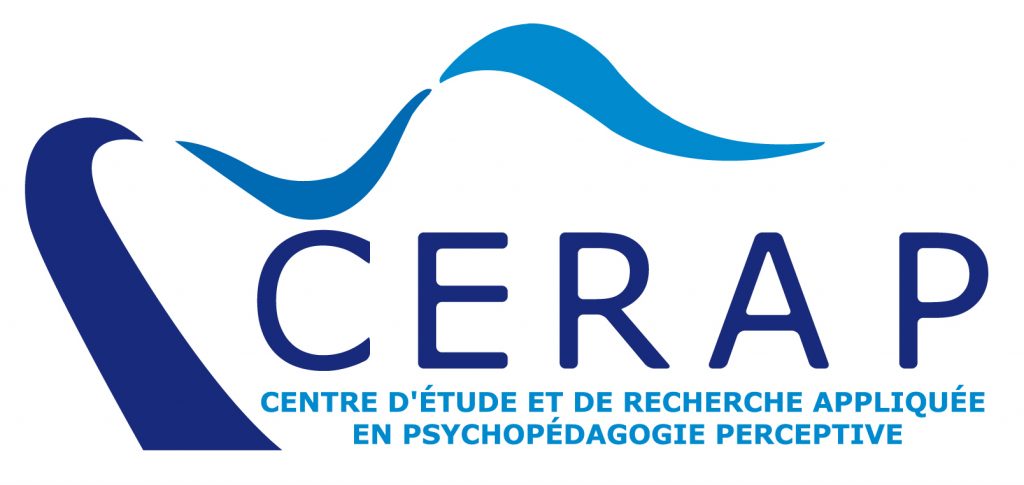Scientific research

Some scientific references
The predominant thought in science is focused on quantitative and experimental approaches. .
These studies have helped to better understand the effects of meditation on the brain at the level of neural connections and plasticity.
Meditation also stimulates the hormones of happiness (secretions of endorphins, noradrenaline, oxytocin etc.) and decreases stress hormones.
Brain imaging has shown a change in the connections and in the structure of the brain during meditation. After 8 weeks of meditation practice, at a rate of 20 minutes per day, this transformation becomes lasting. Several areas of the brain are involved that are related to benevolence, a sense of connection with others and empathy. This finding justifies the 8 week duration of the Self-Esteem, Benevolence and Anxiety Management program.
Prof. Danis Bois and his team of researchers have chosen to use qualitative research, which they found the most suitable to the study of the lived experience of people practising meditation.
Rather than wondering about what happens in the brain, they turned their interest to the question: What do people experience during their meditation? On closer analysis, they found in each testimony the common description of an internal movement and the effects it generates in the body and the mind.
Today, the CERAP develops research studies that are both quantitative and qualitative.
All our meditations are supported by scientific knowledge
Key tutorials by Prof. Danis Bois
- Emergence of Full-Presence Meditation
- Secular meditation
- The therapeutic dimension of meditation
- From tonus to body stillness
- The role of attention in meditation
- From attention to listening
- Attention: from the most simple to the most subtle
- The role of whole-body breathing in meditation
- Whole-body breathing protocol
- Moods and feelings in Full-Presence Meditation
- The role of rest in brain function
- Hyperfrontality
- Helpful and unhelpful thoughts
- Diversion techniques for unhelpful thought
- Inner dialogue
- Free thought in connection with the Sensible
- The inner smile
Some reference works carried out within the framework of the CERAP
The role of Sensorial Introspection in the meditative practice and its impact on anxiety
This article shows the effects on anxiety of a particular meditative practice called Sensorial Introspection, developed by Danis Bois in 2006. Sensorial Introspection uses the support of perception as a means of access to the lived experience of body and mind. This research opens the debate on the link between body-mind perception and perception and consciousness in meditative practice. A field survey was conducted on 84 people in a non-clinical setting using Spielberger’s STAI. Based on the results of this study, it is hypothesized that Sensorial Introspection can be recommendedto support the regulation of anxiety in sub-normal populations. This article was published in English on EC Psychologie and psychiatry. Journal. A translation in French is published on the CERAP website.
The introspective mobilization of the Sensible, an approach aimed at perceptual enrichment, and the appropriation and making sense of bodily subjectivity
This article discusses the role of introspective sensorial mobilization in the process of drawing meaning from bodily subjectivity. Sensorial Introspection is defined in relation to habitual introspective mobilization. The Sensorial Introspection approach is presented in particular through the framework of out-of-the-ordinary experience, of protocols and through the importance of verbal guidance. Verbal guidance mobilizes listening and presence, observation, exploration, concentration and the meaningful links between organic sensation, sensing, posture, imagination and spontaneous memory recall.
The conclusion outlines the perspectives of Sensorial Introspection in the field of approaches that accompany those searching to draw sense and meaning from their lives. Read the article in French on the CERAP website. An English translation is available on the same site.
The impacts of somatic education on self-esteem
Can bodily-mediated approaches on the mode of the Sensible have a positive impact on self-esteem? The numerous studies carried out on the body and its impact on self-esteem are usually centred on the perception of physical appearance. The research presented here is not limited to this physical dimension and refers to the perception of oneself in our sensingand bodily dimension. The question of the Sensible body brings up the idea of a relationship with the body as a place of access to an intimate knowledge of oneself capable of influencing the self-esteem and lived-body dialectic. This article is based on the quantitative exploration carried out as part of the doctoral research in social sciences at the Fernando Pessoa University of Porto (Portugal) by Valérie Bouchet. She assessed the impact of Somatic Psychoeducation on self-esteem. Somatic Psychoeducation is a bodily-mediated approach on the mode of the Sensible that develops self-perception and awareness. Somatic Psychoeducation offers a framework of experiences allowing the individual to renew their relationship with themselves. The article appeared in the journal EC Psychology and Psychiatry.
The Perceptual Psychoeducation process and Self-Esteem: Qualitative and quantitative research with a population supported through Perceptual Psychoeducation
This research by Dr Valérie Bouchet questions the impact of the Perceptual Psychoeducation process on self-esteem and attempts to answer the question: “In what and how does Perceptual Psychoeducation participate in improving self-esteem?” This dissertation is available for free download on the CERAP website.
Sensorial Introspection: a way to accompany one’s own process
This research was conducted by Martine Rapin in her master’s degree in the study of psychosocial practices at Rimouski in Quebec. It identifies in what and how Sensorial Introspection can be a subjective, innovative and replicable bodily experience that invites the sensing subject to draw meaning from their experience. It also illustrates how the meanings that emerge at the heart of the experience can contribute to enlightened learning and reliable internal markers, resulting in gradually being able to accompany one’s own process throughout life. You can download the thesis in French on the CERAP website.